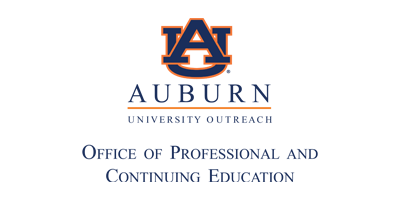Writing Professional
Overview
Successful writing encompasses comprehension, instruction, persuasion, entertainment, problem-resolution, evaluation, investigation, explanation and refutation – all various ends at which writing is aimed. Professional and academic writing requires students to be able to bring in a multitude of facts, points of view, opinions and studies that can inform the writing they’re pulling together, illuminate the message their trying to convey or support the position they’re aiming to take. Effective writing is a critical function for any profession making these skills highly desirable in any type of job where writing reports, writing customer-facing collateral or submitting written proposals is a common task. Additionally, students interested in pursuing professions based in writing would benefit tremendously from these skills.
This program develops written communication skills with an emphasis on understanding the writing process, analyzing readings, and practicing writing for personal and professional applications. Learners will have the opportunity to really break down the writing process and see how it is useful in constructing and finally writing their own work. Learners will discover various styles and sentence structures that can alter the meaning and impact of their writing and ensure they have the tools necessary to convey the meaning they intend, communicate their thoughts effectively and clearly and ensure their writing is presented professionally in terms of grammar, spelling and other issues that can otherwise inhibit successful writing.
Participants will learn the various techniques appropriate to different writing purposes as well as the different tones and styles applicable to particular contexts (professional, academic, clinical, etc.) In understanding how other sources can help to solidify a piece of writing, learners will gain the skills they need to conduct basic research into external sources, what kinds of sources are best used for particular purposes and how best to incorporate this information into their writing in the most effective way possible.
Program Objectives
After completing this program, learners will be able to:
- Apply the steps of the writing process
- Identify essay components
- Write effective and grammatically correct paragraphs
- Analyze the role of reading and writing in your academic and professional career
- Write effective and grammatically correct essays
- Apply strategies to achieve clarity and effective style in writing
- Differentiate between the writing pattern types
- Identify sentence types, parts of a sentence, and patterns
- Discriminate between proper and improper use of punctuation in writing
- Apply the proper use of punctuation in writing
- Apply the proper use of spelling in writing
- Examine strategies and guidelines for writing an effective research paper
- Write an effective and grammatically correct research paper
- Apply research strategies and methods for finding information
- Describe the various information sources available for research
- Apply the steps of the writing process and appropriate research and citation methods to write essays, literary analyses, and research papers
- Critique writing samples in terms of style, substance, and appropriate research and citation methods
- Differentiate between the writing styles required by the different disciplines
- Differentiate between the MLA, APA, and Chicago style guides
- Use Microsoft Office®

